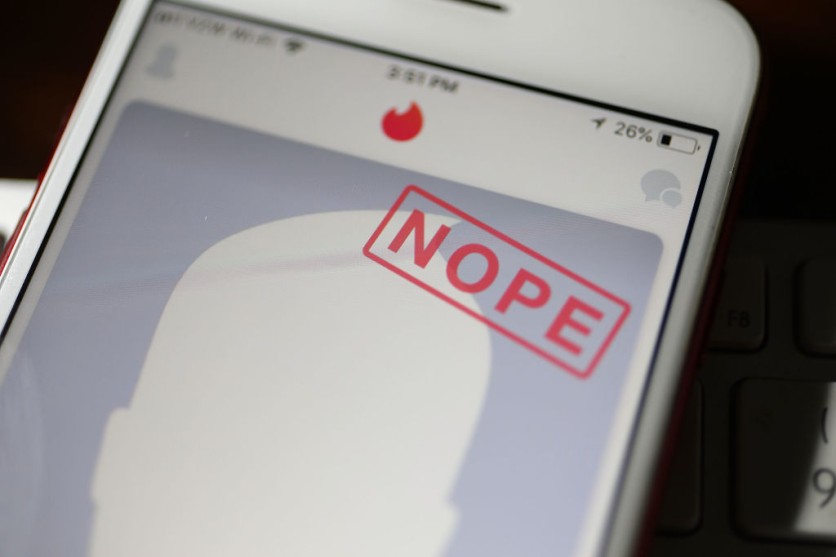Navigating the world of online dating sometimes presents human difficulties, ranging from issues like ghosting to unproductive chats that lead to nowhere. But new startups are saying that artificial intelligence (AI) can help solve these problems.

Testing AI-Powered Dating Apps
A fresh wave of dating apps seeks to streamline the quest for a suitable partner by capitalizing on AI's potential. These platforms employ AI algorithms to initiate small talk or even curate potential matches based on attractiveness.
In a bold twist, one app even allows users to engage in simulated "dates" with AI entities. This innovative approach diverges from the familiar swipe-left-or-right dynamics in established platforms like Hinge, Tinder, and Bumble.
These incumbents have relied on algorithms to present user profiles for years, but the novel AI-powered entrants are pushing the envelope with their unconventional strategies.
These fresh applications compete for a slice of the dating app market at a global worth of $4.94 billion. In a research report, Bloomberg explored several of these AI-powered dating platforms to discern their unique features and gauge their performance.
AI Solving Ghosting
According to Dispo founder and chief executive officer Daniel Liss, the most challenging aspect of dating is engaging in small talk. He introduced Teaser AI in June with a promise to reduce ghosting and increase matches.
Teaser AI ensures that no one is overlooked, with each person receiving at least a response from a bot.
The app's users assist in training the bot to mirror their conversational style by engaging in brief chats to share common speech patterns. These bots subsequently interact with potential matches or their corresponding bots, playing the role of a "teaser."
AI-Powered App for Breakups
Should things progress positively, the teaser bot brings the human creator into the loop, enabling them to determine whether a real-world date should be arranged.
Liss noted that by bypassing the initial small talk, users could delve into more substantial discussions sooner, fostering more profound connections. Should any of these matches falter, a solution awaits in the form of an AI-powered app designed to alleviate emotional distress.
Conceived by Oliver Mathias following his own challenging breakup, Breakup Buddy employs an AI chatbot to provide emotional support.
Functioning on the foundation of OpenAI's GPT-3.5, Fagen Wasanni reported that the app serves as a self-help guide, similar to a friendly companion who assists users in navigating their emotions and steering them away from detrimental thoughts.
While AI dating apps are often seen as exploiting loneliness, Mathias diverged from this approach, asserting that this will serve as a constant reassurance, helping users recognize their self-worth and imparting wisdom about choosing a future partner.
According to a "future of dating" report released in May by the famous dating app Tinder, mentions of ChatGPT have surged by 14-fold since January 1.
The New York Post reported that the same survey found that among 18- to 25-year-olds on Tinder, 34% expressed willingness to adopt AI dating tools if they become accessible.
Judith Donath, a Harvard's Berkman Klein Center fellow, noted that dependence on app functions might indicate corporate success but could weaken human relationships.
Ethics experts also warned that the training data for AI systems might carry bias, leading chatbots to adopt concerning views. They added that emotional dependence on AI and potential algorithm shifts may inadvertently cause distress.

![Apple Watch Series 10 [GPS 42mm]](https://d.techtimes.com/en/full/453899/apple-watch-series-10-gps-42mm.jpg?w=184&h=103&f=9fb3c2ea2db928c663d1d2eadbcb3e52)



